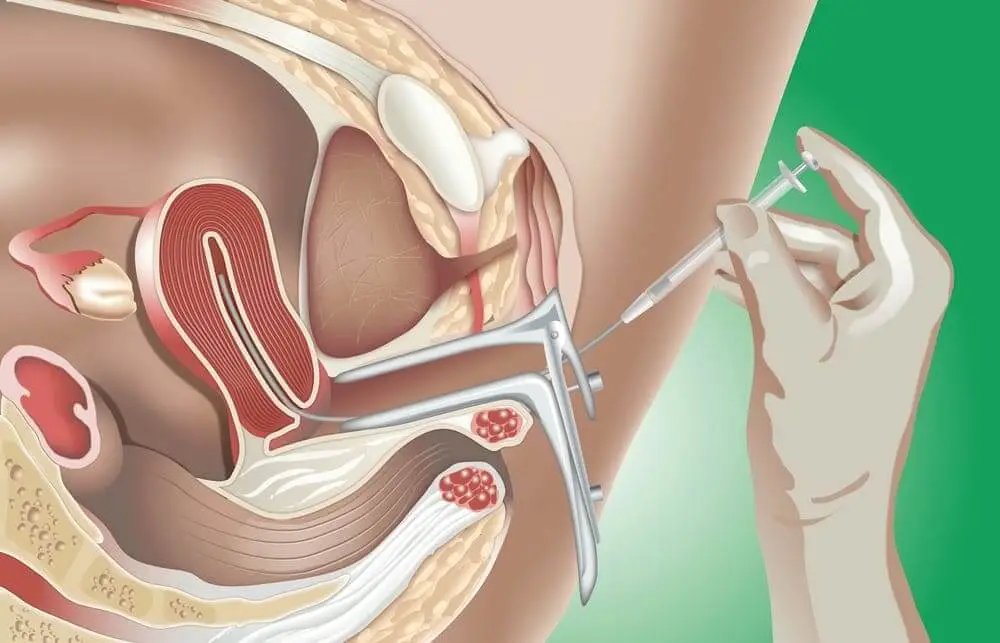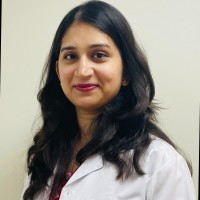IVF & Infertility Treatment Overview
If you are craving for your new born and are unable to conceive, then there could be medical reasons too. Motherland Hospitals’ IVF centre in Noida, specializes in infertility treatment and also solutions to people who wish to complete their families. In today’s stressful age, time, hormones, disease or some other factors can be responsible for infertility. Motherland Hospital with its team of andrologists, gynecologists, endocrinologists and infertility experts make sure that you get answers and solutions to your situation. Motherland Hospital takes care of your hopes and wishes through assisted reproduction services – In vitro Fertilization (IVF), Intra Uterine Insemination (IUI) and other methods as per the need and suitability. The teams of experts here, value your aspirations, and are supported by best and advanced technology and an diagnostic equipment to provide you with the best infertility treatment in Noida, making your dreams come true.


